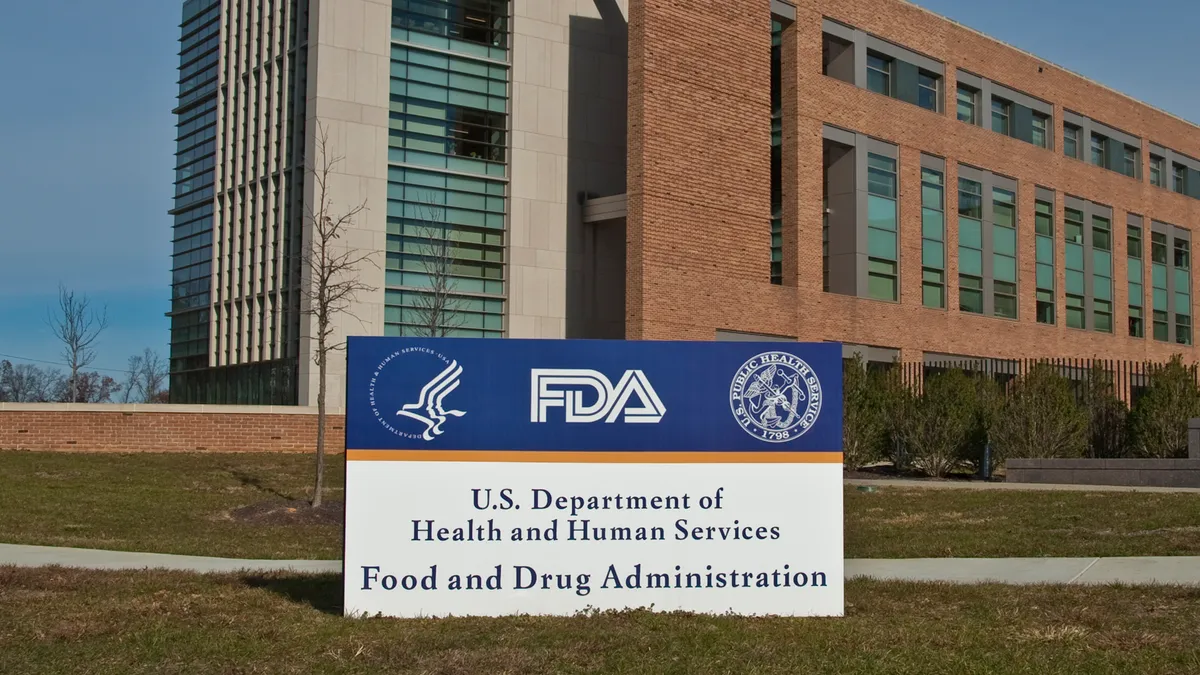Dive Brief:
- The Food and Drug Administration (FDA) may delay enforcement of the product identifier rules within the Drug Supply Chain Security Act (DSCSA) by one year, according to a draft guidance recently released by the agency.
- The DCSCA requires "each package and homogenous case of product" within pharmaceutical supply chains contain a human- and machine-readable identifier, including a standardized number, lot number and expiration date for the product. Originally, the rule would have been enforced by November 27, 2017 for manufacturers.
- However, the FDA notes industry stakeholders are concerned about the readiness, due to a limited number of vendors capable of offering the product identifier technology, and the capacity of upstream contract manufacturers to comply with the regulation.
Dive Insight:
November 2017 is looming as a deadline for stakeholders in the pharmaceutical supply chain to comply with DSCSA's serialization regulations, but the draft guidance may provide a saving grace for manufacturers struggling to find or implement systems across their vast global networks.
The FDA has long been aware of the pharmaceutical industries' worries over serialization rules. In October 2016, the agency held a public meeting to discuss progress, bringing together companies like McKesson, AmerisourceBergen, Johnson & Johnson for presentations. Previous reports highlight how most large pharmaceutical companies are already compliant, or on track to be so by November 2017, but the industry-at-large is not.
The reason: Serialization within the manufacturing line requires special equipment, which requires additional time and capital to procure. At least, that was the top reason cited in a survey of 200 respondents at the NEXUS 17 industry forum in Barcelona, conducted by TraceLink. In addition, roughly 25% of the respondents said they still needed to serialize half their inventory, or more.
The draft guidance delaying enforcement is still subject to public comments, but it's hard to imagine a scenario where companies would prefer to comply sooner.
The one-year delay should not affect the DSCSA's timeline, wherein the FDA envisions pharmaceutical supply chains have a network-wide interoperable system by 2023. The wider DSCSA rule is part of a push by the FDA to reduce recalls and improve safety within pharmaceutical and food supply chains.














